Our Work
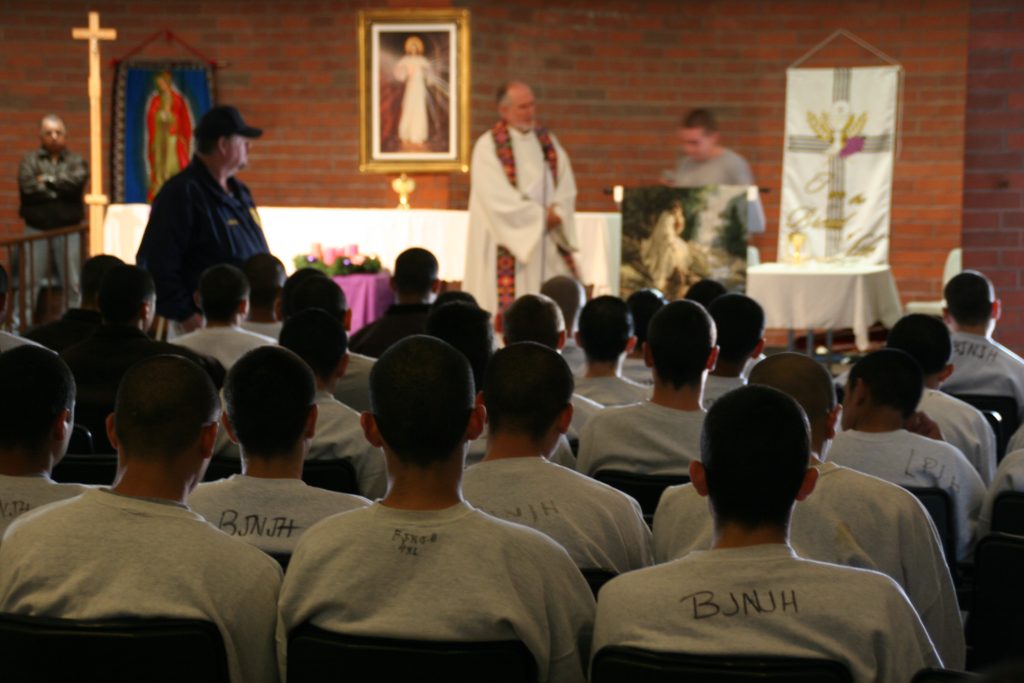
Healing
JRJI has been facilitating restorative justice spiritual retreats using Ignatian meditation in California state prisons and juvenile halls since 2009. Through meditation based on the Spiritual Exercises of St. Ignatius of Loyola, we have moved the hearts of our incarcerated communities and helped them recognize God’s presence in their lives. This prayer method activates the imagination through the senses of taste, touch, sight, smell, and hearing through Jesus’ life, death, and resurrection. Loving with the heart of Jesus helps us to navigate our lives to a place of healing. Returning to these juvenile and adult facilities is vital as we build relationships with these growing spiritual and monastic-like communities.
PROGRAMS OFFERED IN PRISONS AND YOUTH FACILITIES:
Restorative Justice Jesus the Risen Prisoner
Retreat Program
The purpose of this program is to guide and assist inmates as they experience self-awareness, empathy, and healing. We have established our program in several California prisons, including the general population yards (GP), transitional housing units (THU), sensitive needs yards (SNY), security housing units (SHU), and most recently, in Youth Authority (Y.A) facilities. In many cases, this process is transformative as the inmates gain a sense of hope that their lives will not be meaningless and that they can accomplish good, even behind bars. We have witnessed inmates restore relationships with their families and victims of crime through this transformative process influenced by spiritual exercises and education.
On a retreat, prisoner-retreatants are allowed to place themselves in the presence of a loving God who sees them for who they are – not mistakes, but individuals needing healing. The prisoners are introduced to meditation, contemplation, and discernment of spirits by applying the principles of Ignatian spirituality. They can find a spiritual space to encounter God’s infinite love, to meet Jesus Christ face-to-face, and to journey with Jesus in his passion, death, and resurrection. By learning the tools of Ignatian meditation through monthly retreats, prisoners are given the tools to embrace Christ’s love and healing power in a loveless and often hopeless place.
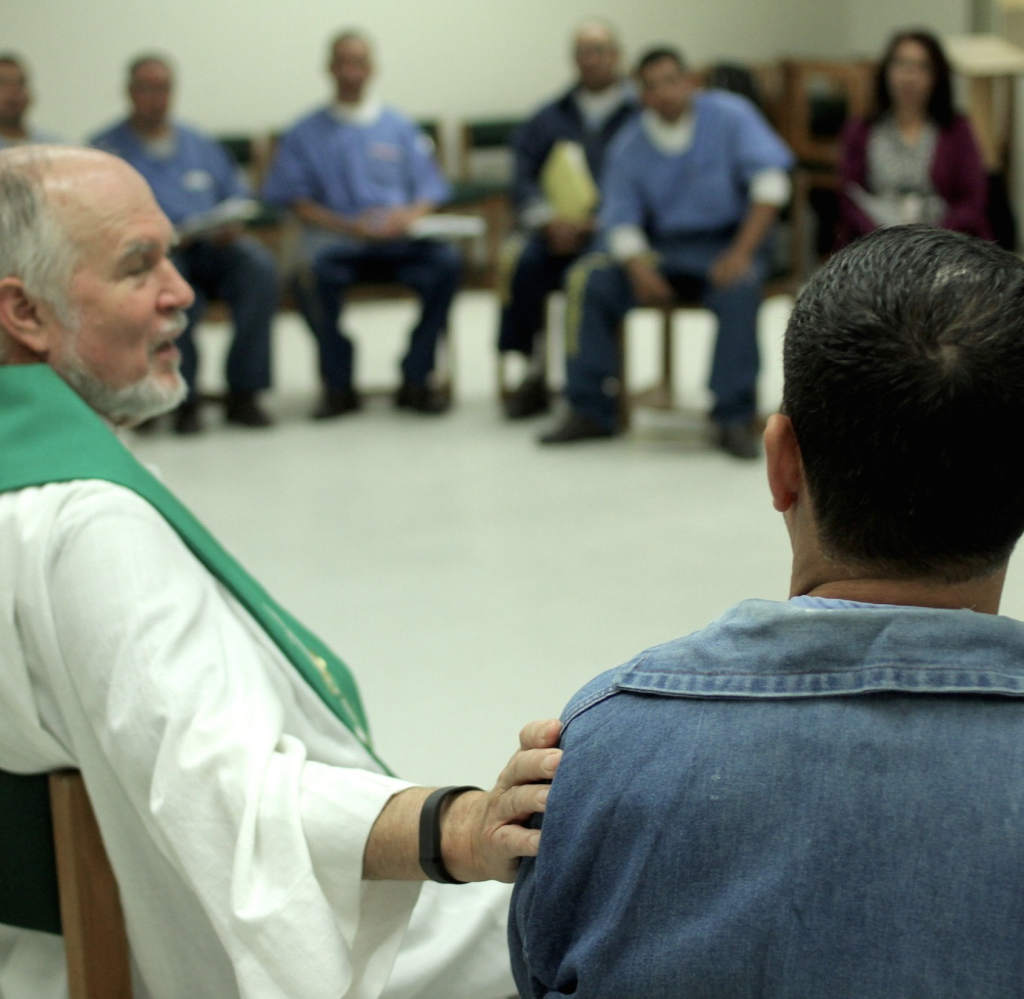
SERVICES OFFERED IN THE COMMUNITY:
Parents and Families Support Group
JRJI uses a restorative justice approach to heal communities affected by crime and violence. These communities include offenders, victims, and families of both. Using guided meditation, parents and families of children who are incarcerated, as well as parents of victims of crime, all who need healing, are invited to participate in support groups facilitated by JRJI to find healing, comfort, and support in one another by sharing their own experiences.
Parents of children facing life sentences are invited to attend a Sunday service with their children led by Fr. Mike Kennedy, SJ. Through prayer and meditation, parents and their children get an opportunity to restore broken relationships, reach reconciliation, and receive healing. So often, these parents reach out to their local parish communities for support in their healing process and to bring awareness of current issues in the juvenile justice system to their church communities.
JRJI has published one edition of a prayer book for incarcerated youth and their parents and families, which serves as a practical tool for prayer during the most stressful situations. Some of these prayers include “A Prayer before Court,” “A Prayer for My Family,” “A Prayer When I am Frustrated,” and “A Parent’s Prayer,” among others. These prayer tools have helped many children and their parents as they transition into the adult prison system.
For more information on how to participate in the Parent and Families Support Group, don’t hesitate to get in touch with our office at (310)559-0777 or email us at info@jrji.org.
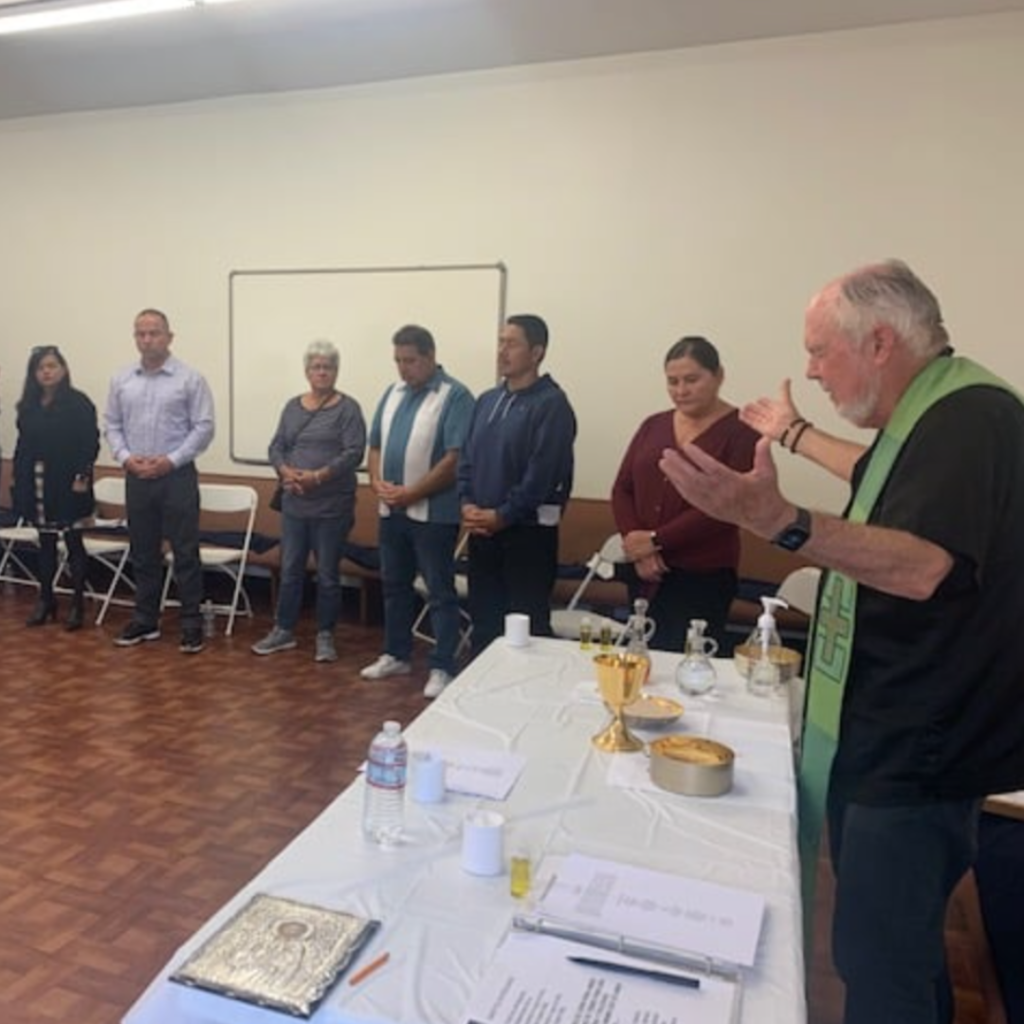
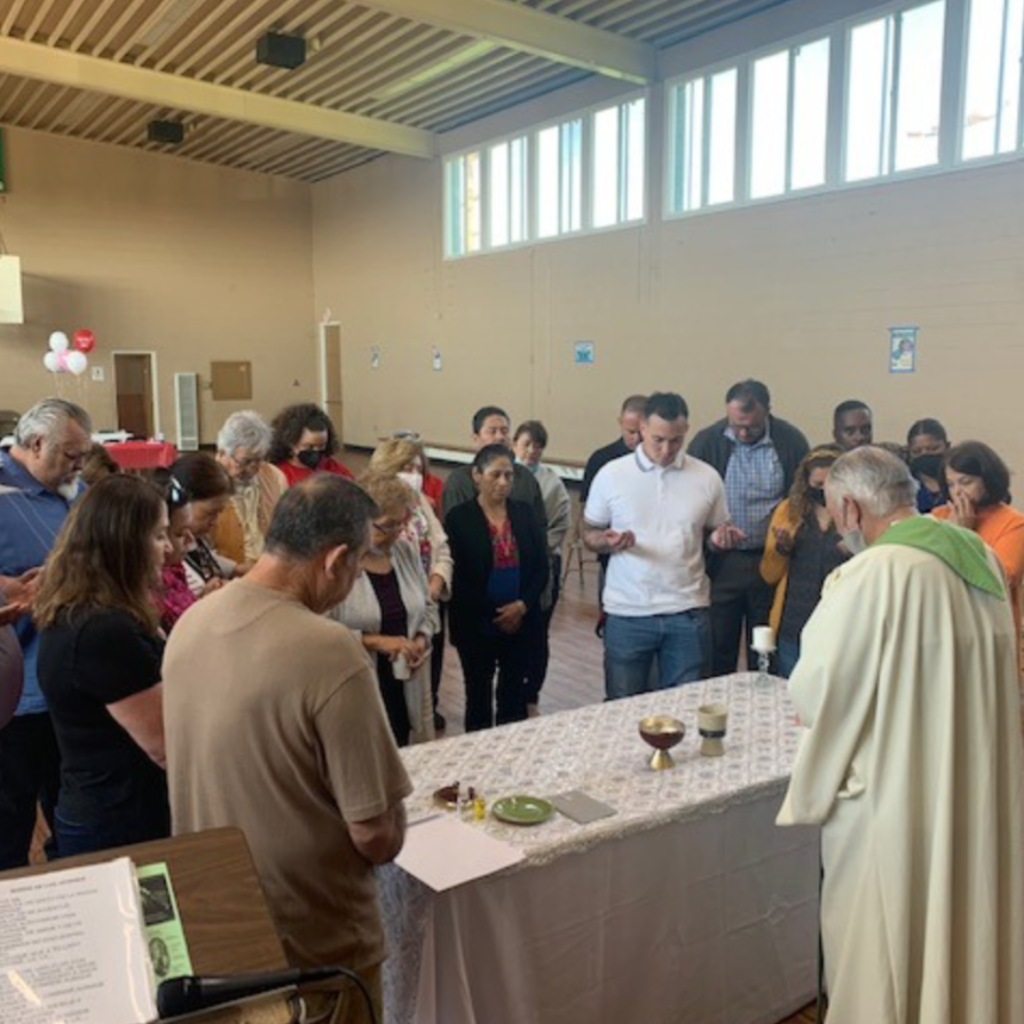
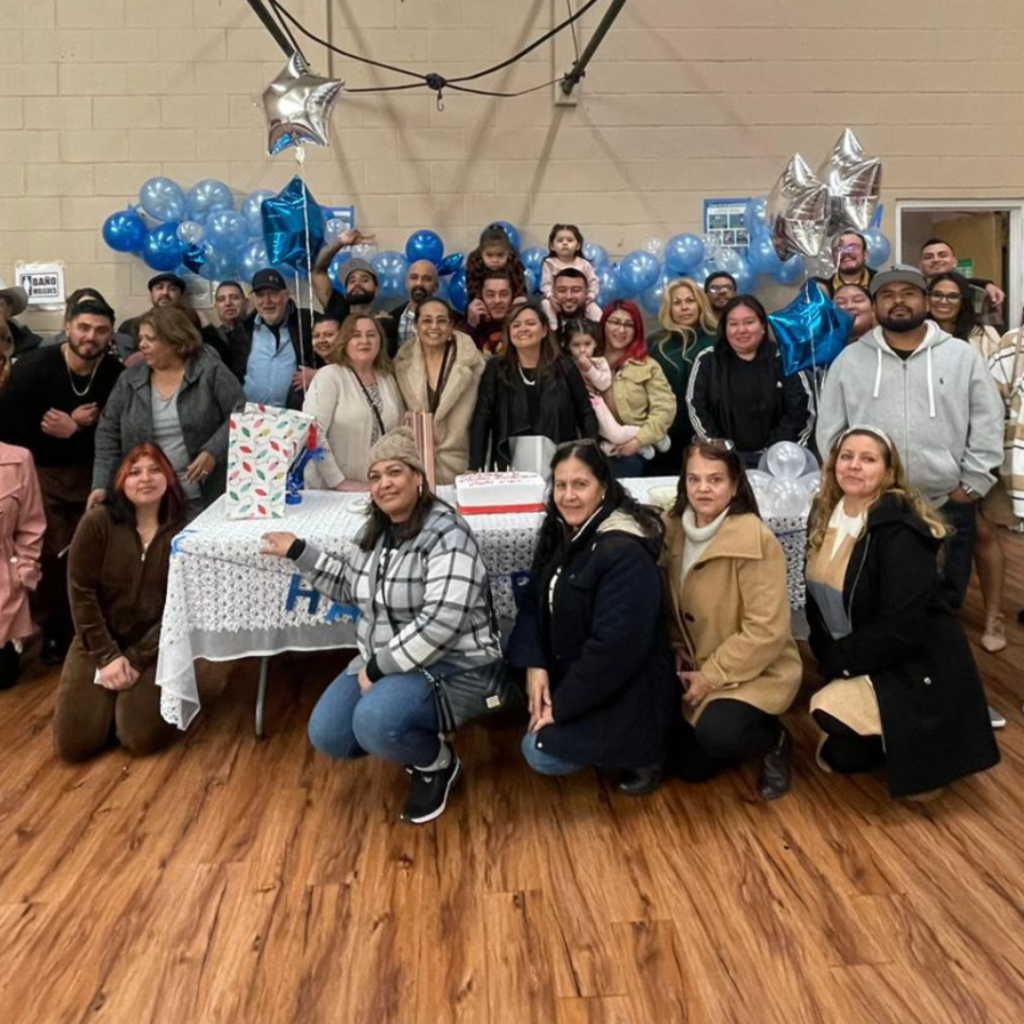
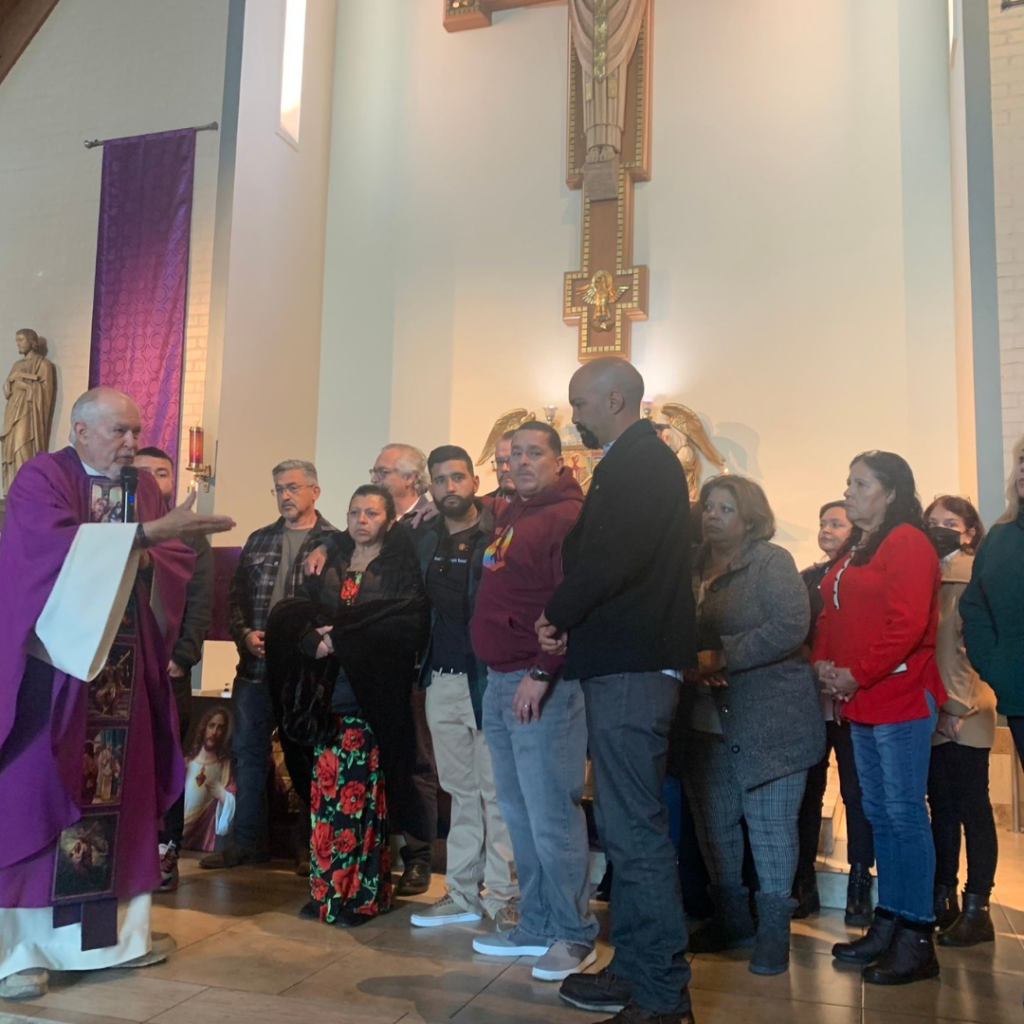
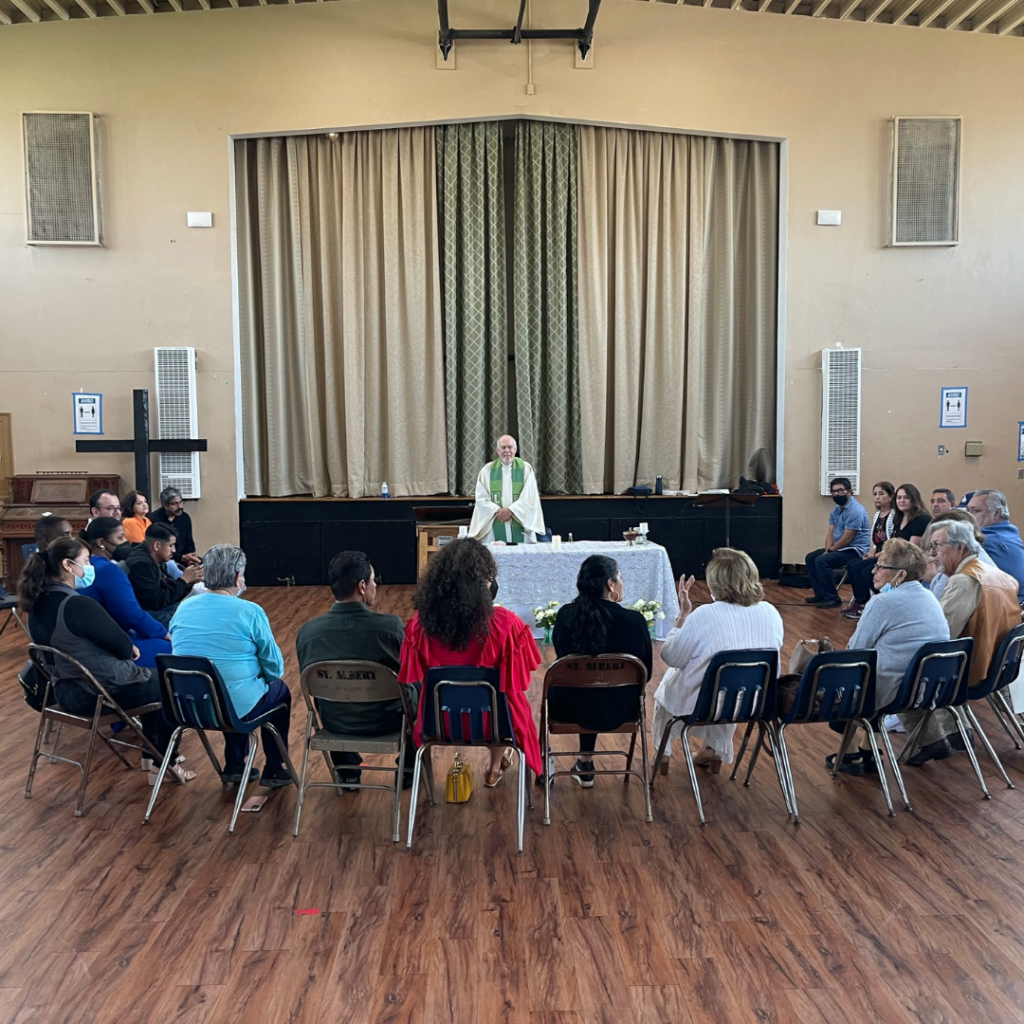
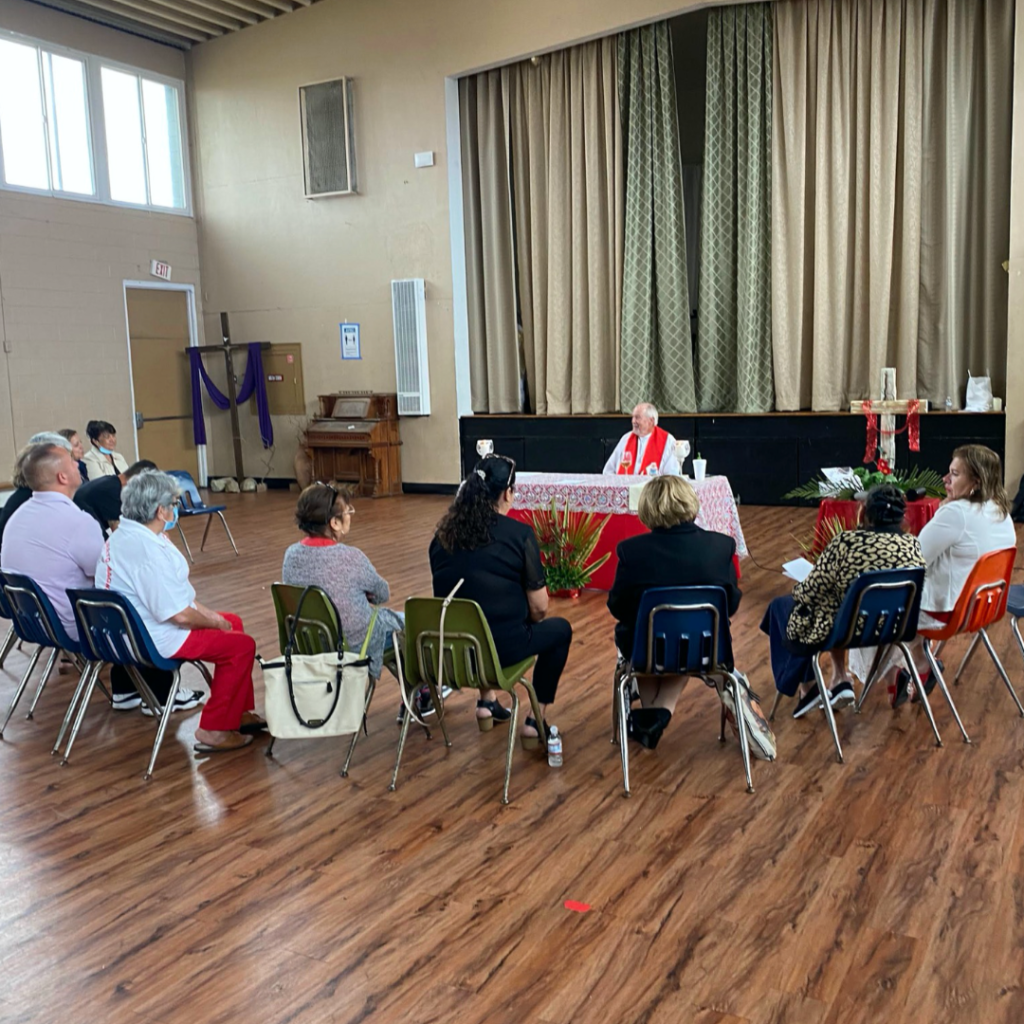
Graduate Group
JRJI facilitates support meetings for those who were formerly incarcerated as they transition their lives back into society. The group provides support and resources for those who continue to seek spiritual healing. Many of those in the group were participants in the JRJI programs while inside prison.
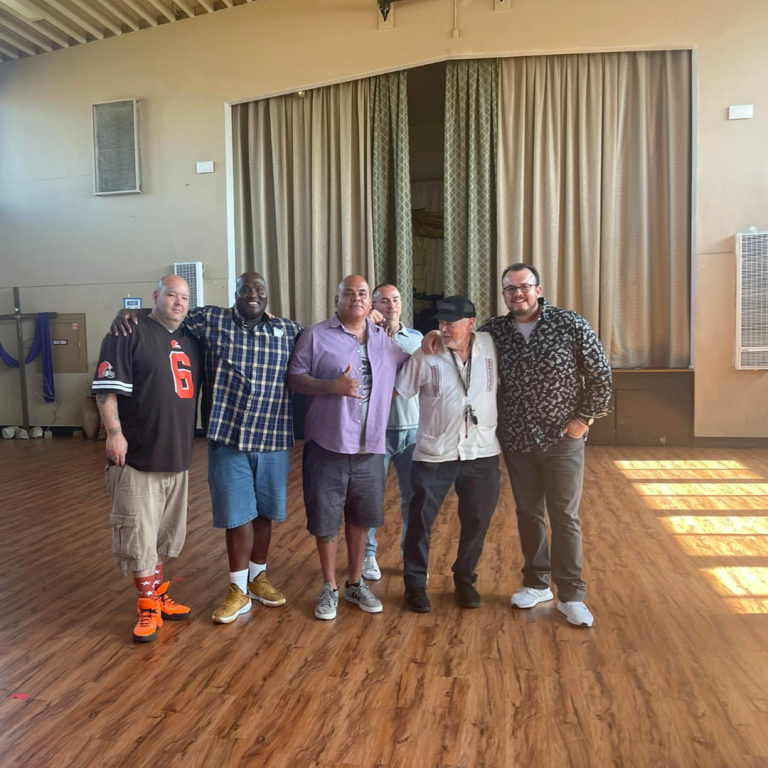
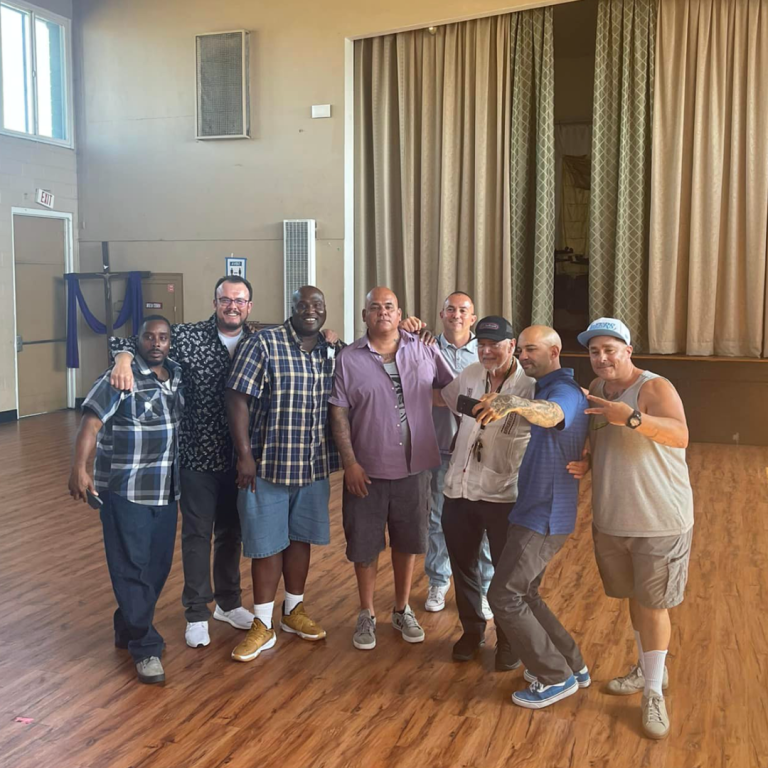
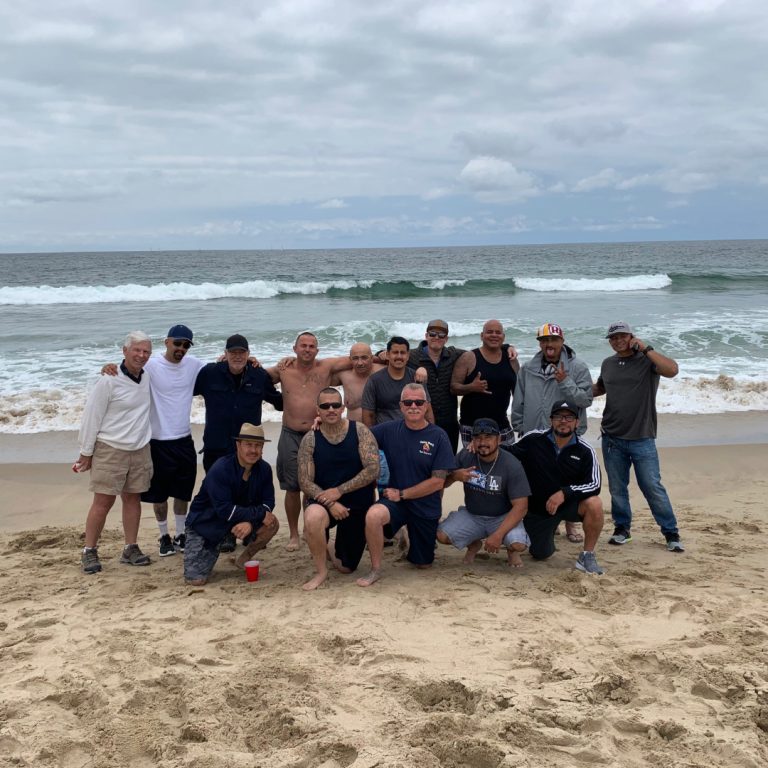
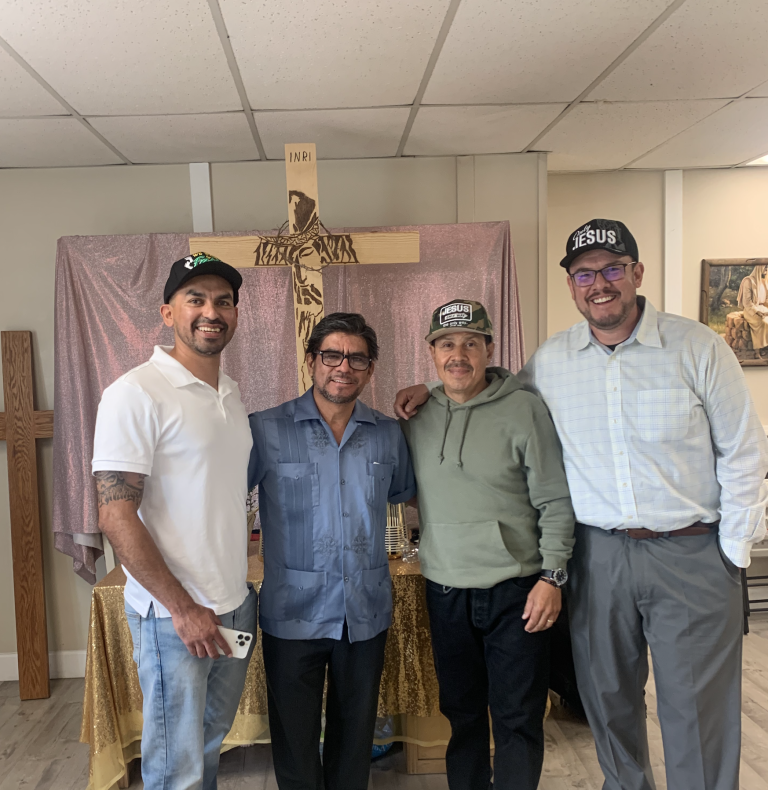
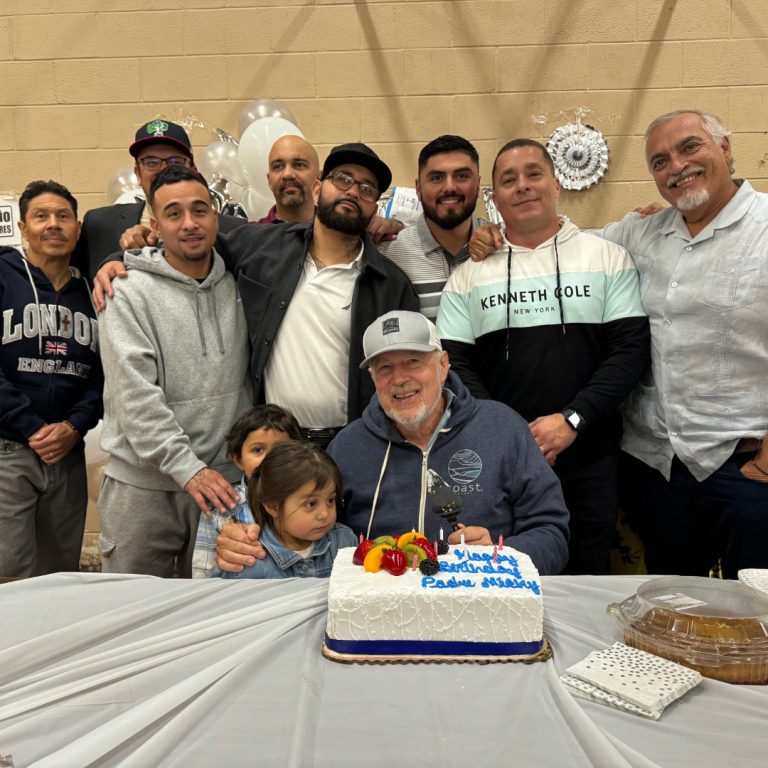
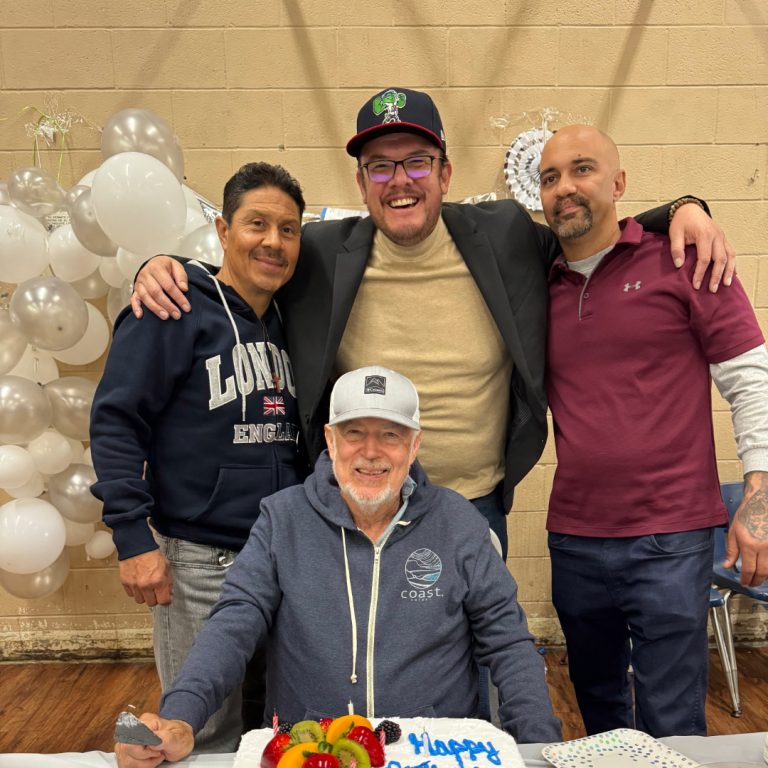
Advocacy
Jesuit Restorative Justice Initiative has been one of many collaborators contributing to the successful passing of California Senate Bill 9, Senate Bill 260, and 261, giving juveniles with life sentences (or more) eventual review before a parole board. During our many trips to Sacramento, Fr. Mike Kennedy and several JRJI staff and volunteers offered the state legislature a unique position, representing the real faces and stories of the people who are currently feeding ground for state prisons or who have personally been affected by the current legislature. Because of JRJI’s longitudinal commitment to young inmates transitioning into the adult penal system, we can testify directly to the tangible developmental differences we witness as they grow into adulthood. This poises us to be great collaborators with the various players, lawyers, and advocates to change the cruel and unjust treatment of kids in the system. Our work continues as coalitions build to challenge visiting restrictions for undocumented parents, as well as direct file laws for juveniles.
LEGISLATION JRJI SUPPORTED:
SENATE BILL 1391: JUVENILES: FITNESS FOR JUVENILE COURT (2017-2018)
Introduced by Senators Lara and Mitchell
This bill would repeal the authority of a district attorney to make a motion to transfer a minor from juvenile court to a court of criminal jurisdiction in a case in which a minor is alleged to have committed a specified severe offense when he or she was 14 or 15 years of age, thereby amending Proposition 57. By increasing the number of minors retained under the juvenile court’s jurisdiction, this bill would impose a state-mandated local program. Read more about this bill here.
SENATE BILL 1437: ACCOMPLICE LIABILITY FOR FELONY MURDER (2017-2018)
Introduced by Senators Skinner and Anderson
This bill would prohibit a participant in the perpetration or attempted perpetration of one of the specified first-degree murder felonies in which a death occurs from being liable for murder unless the person was the actual killer or the person was not the actual killer but, with the intent to kill, aided, abetted, counseled, commanded, induced, solicited, requested, or assisted the actual killer, or the person was a significant participant in the underlying felony and acted with reckless indifference to human life. Read more about this bill here.
Education
The Jesuit Restorative Justice Initiative (JRJI) strives to encourage incarcerated young and adult men and women, their families, and living victims and their families to pursue education as a recourse that will help them advance in their healing process and restore them to society. EDUCATION is a tridimensional component of the apostolate we are developing in detention institutions. All dimensions are thoroughly intertwined.
FIRST DIMENSION: THE INCARCERATED
Education is a vital part of the monthly spiritual retreats held at state prisons and juvenile halls in California and other states. During all-day or half-a-day spiritual retreats, participants learn about themselves and their relationship with their loved ones and people in their surroundings through an increased knowledge of the Gospel.
Young men and women are introduced and gradually go deeper into Gospel-based meditations following the tradition of Ignatian contemplation created by Saint Ignatius of Loyola, founder of the Society of Jesus using Rev. Michael Kennedy’s Jesus the Risen Prisoner: An Invitation to Freedom (2008). This book offers meditations that invite us to experience Jesus, who was condemned as a prisoner, suffered a torturous death on the cross, and became a risen prisoner. With Jesus’ rising, the communities we serve find strength through the challenging roads in life and restore hope where it is lost.
JRJI retreatants learn to express through writing their deeper needs and wounds and to share these with their peers, giving way to healing that shows in taking responsibility for their past and present acts and moving forward towards a productive life that starts in prison by participating in other education programs. Their fellowship leads to the creation of healing communities within walls.
SECOND DIMENSION: FAMILIES
Guided through Gospel-based meditation, parents and other family members of the incarcerated and of victims learn about the root causes that led to the unfortunate circumstances faced and lived by their loved ones in juvenile halls and prisons. The parents whose children are incarcerated, as well as parents of victims of crime, are invited to participate in support groups facilitated by JRJI.
In loving unity, the families grow in the assurance they are loved by a God who unconditionally accompanies them through their grief and leads them to a more prosperous and joyful life, turning them into productive members of society. The visits of comprehensive and loving parents and relatives or significant others ignite the spiritual and emotional maturity of the incarcerated.
THIRD DIMENSION: GENERAL PUBLIC
Formerly incarcerated youth and adults partner with JRJI to offer their testimonies in different environments, faith-based or not, elevating the public’s knowledge and interest in the prison system and how to contribute to restoring justice to those who are tired of being victimized.
To educate the general public or walk them through the knowledge of the work done by state lawmakers in offering a second chance to the incarcerated, JRJI members actively participate in spreading the word about the different bills being discussed in Sacramento and the approved laws.